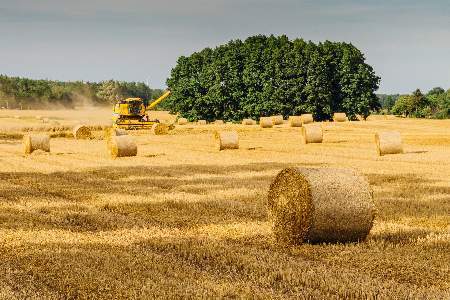
Agricultural tenancy disputes are a common occurrence whereby a landowner leases their land to a tenant for agricultural purposes. However, disputes often arise between the landlord and the tenant due to various reasons including:
- Non-payment of rent
- Non-performance of obligations
- Disagreements over the use of the land
- Disputes related to repairs and maintenance.
Why do they occur?
One of the main causes of these disputes is the lack of clear terms and conditions in the tenancy agreement. Many landlords and tenants often enter into verbal agreements, which can lead to disagreements in the future. It is important for both parties to have a written agreement that clearly outlines their rights and responsibilities, the duration of the tenancy, and the payment terms.
Another common cause of disputes is non-payment of rent. In some cases, tenants may fail to pay rent due to poor harvests or other financial difficulties such as subsidies cuts. On average, subsidies were cut by 22% in the last year, with some farmers suffering a 45% reduction. Landlords may become frustrated with the lack of payment and may take legal action to evict the tenant. However, it is important to note that in many cases, non-payment of rent is due to circumstances beyond the tenant’s control, and landlords should work with their tenants to find a solution that benefits both parties.
Disagreements over the use of the land can also lead to disputes. Tenants may want to use the land for non-farming related purposes, such as building a home or starting a business. Landlords may object to these uses, as they may interfere with their plans for the land. In such cases, it is important for the parties to communicate openly and reach an agreement that meets the needs of everyone.
How can we help?
When disputes arise, it is important for both parties to seek legal advice and attempt to resolve the matter amicably. In some cases, mediation may be necessary to help the parties reach an agreement. In extreme cases, legal action may be necessary, but only as a last resort as it can be time-consuming and expensive.
Overall, agricultural tenancy disputes can be a challenge for landlords and tenants, but they can be avoided or minimised by having clear and legally binding agreements, open communication, and a willingness to work together to find mutually beneficial solutions.
For more information about agricultural tenancy disputes, please contact Christopher Cooper on 01274 037074 or email christopher.cooper@awbclaw.co.uk

16 March 2023
Further Reading:

